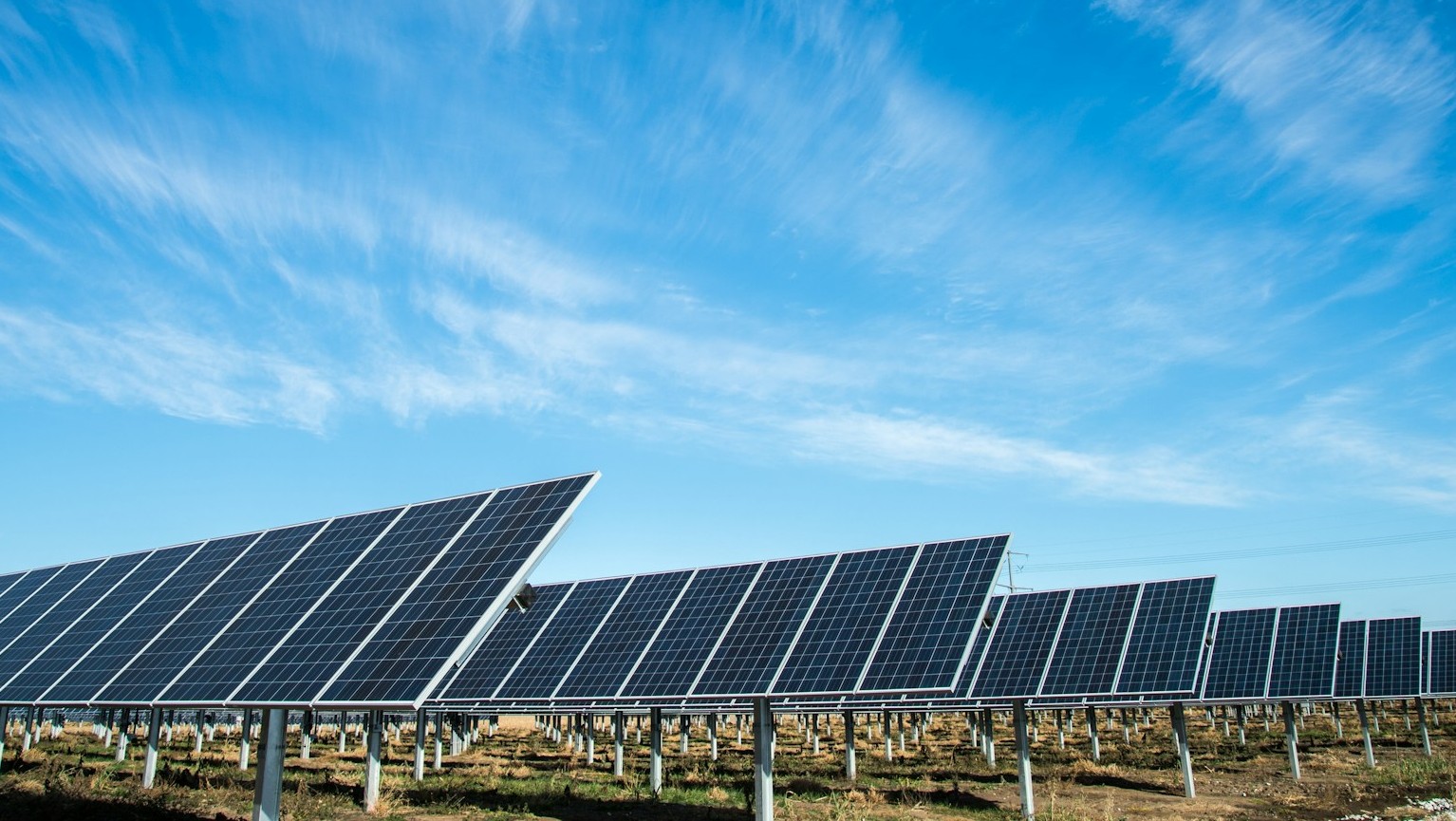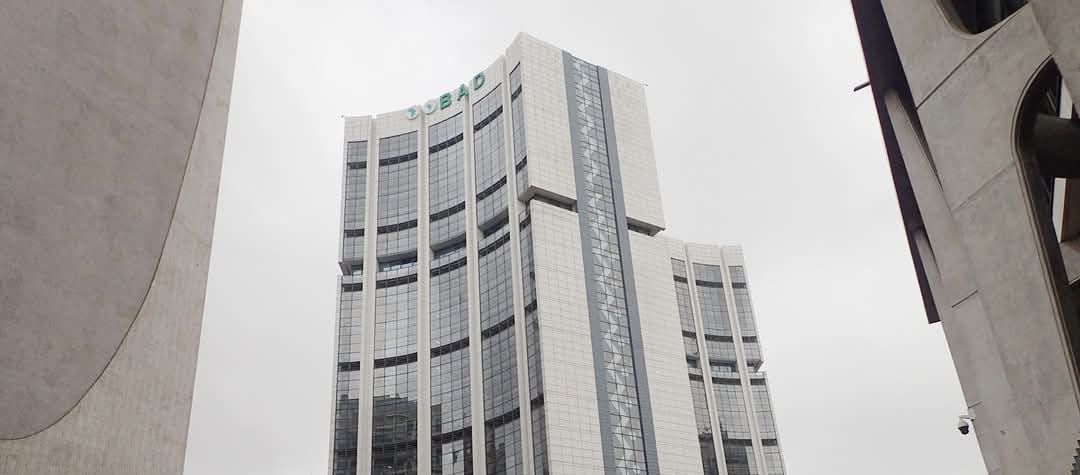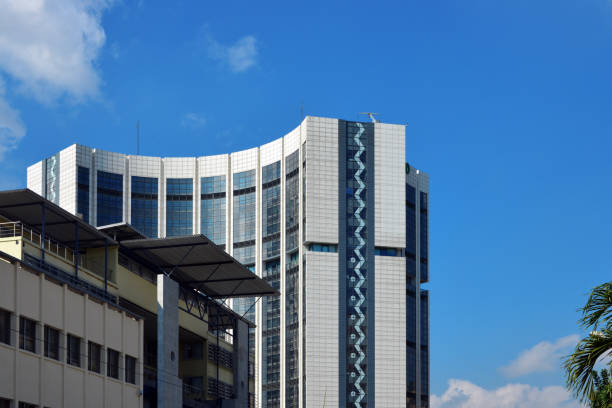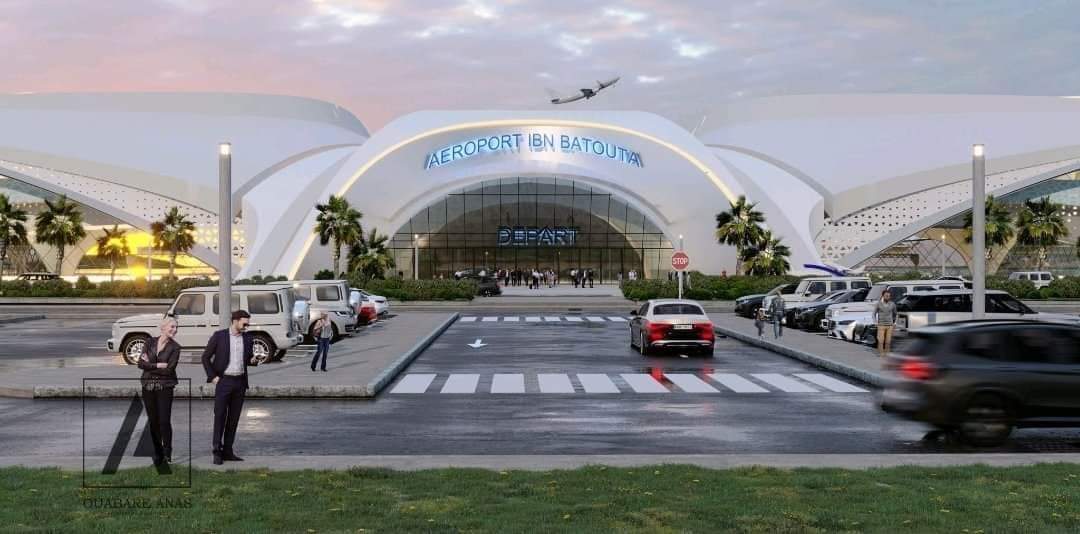Casablanca – The Moroccan government is intensifying its efforts to leverage public-private partnerships (PPPs) as a cornerstone of its infrastructure development strategy. In collaboration with the African Development Bank (AfDB), Morocco is set to launch a technical assistance program aimed at optimizing the PPP framework and boosting the capacity of national institutions overseeing these projects.
In recent years, Morocco has increasingly turned to PPPs to fund infrastructure projects amid economic and environmental challenges. However, while a regulatory framework has been in place for some time, the uptake of PPPs has been limited. The AfDB’s new technical assistance program seeks to address this gap, aligning Morocco’s approach with its broader developmental goals and helping meet the country’s expanding need for sustainable infrastructure.
AfDB’s targeted support for Morocco’s PPPs
With guidance from Morocco’s Ministry of Economy and Finance, the AfDB will roll out a two-year, $312,358 technical assistance project. Approximately 85% of the funding will come from an AfDB grant under the Technical Assistance Fund for middle-income countries, while the remaining amount will be financed by the Moroccan government.
The program will primarily focus on bolstering the National PPP Commission (CNPPP), a body responsible for implementing Morocco’s revised PPP regulations under Law No. 46-18. Recent amendments to this law have expanded the PPP model to include local governments and introduced simplified procedures, such as allowing for unsolicited project proposals. The assistance provided by the AfDB will support the CNPPP in improving its project planning and management processes, aiming to integrate PPPs more effectively into national sectoral strategies and budgetary frameworks.
Addressing the persistent challenges of infrastructure funding
Morocco has made significant infrastructure investments over the past decade, including in ports, highways, airports, and renewable energy projects. However, reliance on the PPP model remains limited, even though it could potentially reduce financial pressure on the state while enhancing project management.
To date, several high-profile projects have been realized through PPPs, such as the Ouarzazate solar complex, the Tarfaya wind farms, and the Rabat-Salé tramway. Yet Morocco’s infrastructure needs, particularly in water and energy sectors, continue to grow. For example, Morocco faces critical water resource pressures impacting agriculture and tourism, sectors that require substantial investments to sustain growth—investments that exceed the government’s budgetary capacity.
To meet these demands, experts suggest that Morocco must create a more supportive environment for PPPs through strategic planning, strengthened governance, and rigorous project evaluation.
A strategic approach and modern tools
The AfDB’s program includes two primary components aimed at modernizing Morocco’s PPP framework. First, it will develop a national PPP strategy, aligning the PPP model with Morocco’s development agenda and sectoral priorities. This strategy will integrate budgetary considerations and extend PPP opportunities to social sectors, such as education and healthcare.
Secondly, the program aims to introduce an annual or multi-year PPP project roadmap to offer better transparency and visibility on upcoming projects. An international consultant will assist the CNPPP in drafting this roadmap, creating a database of eligible projects, and establishing criteria to assess project feasibility and alignment with national goals.
In addition to these initiatives, the program will include training and public awareness campaigns to strengthen the skills of Moroccan teams overseeing PPP projects and encourage public and private sector engagement.
With the support of the AfDB, Morocco’s renewed focus on PPPs may help mobilize private investment for critical infrastructure projects, promoting sustainable growth and resilience across the country’s key sectors.
















